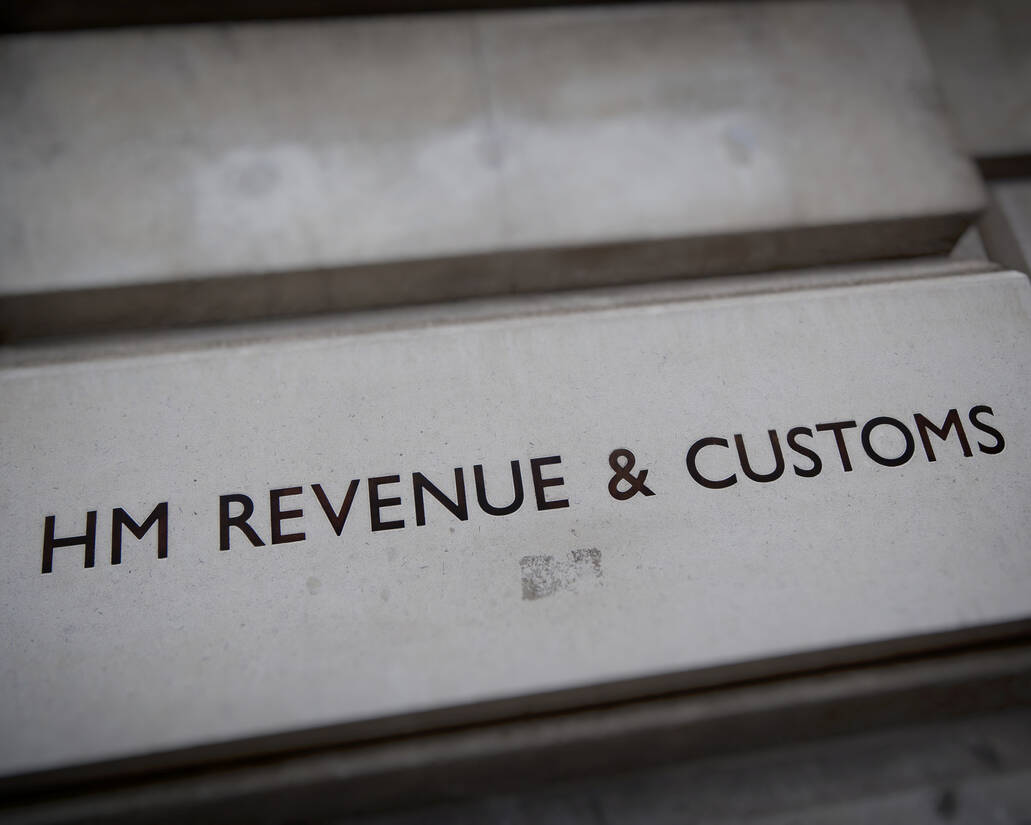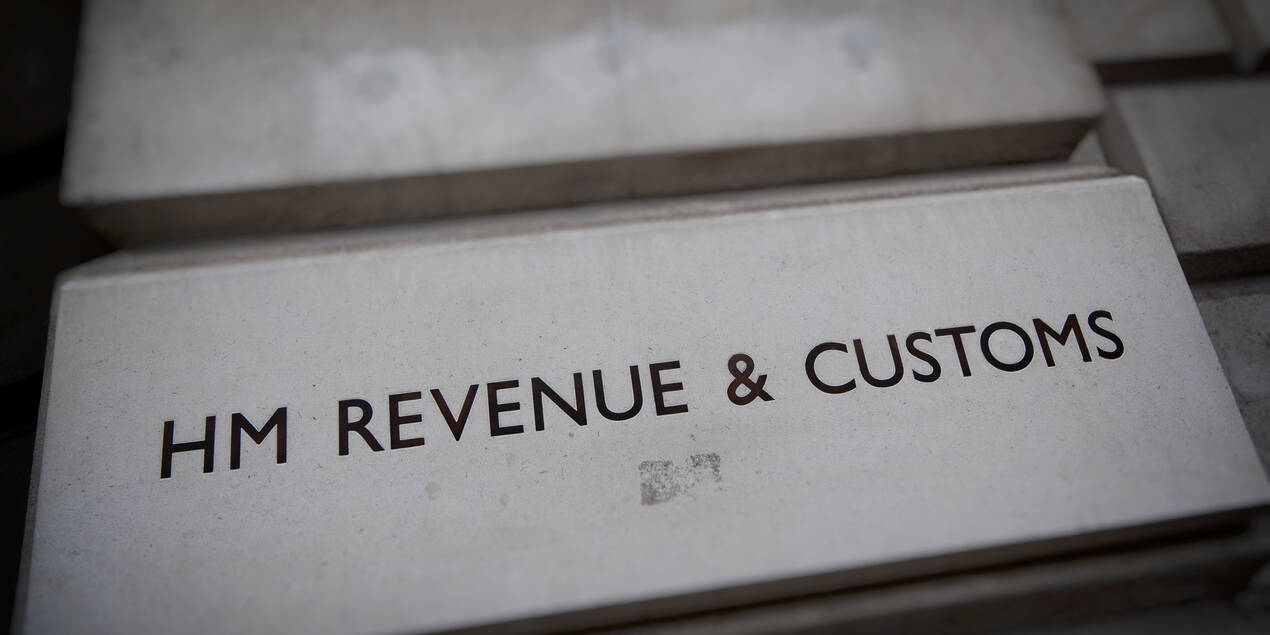A routine HMRC audit has resulted in a hefty £330,633.45 customs duty and import VAT demand for UK-based aircraft maintenance service provider, Caerdav. The case serves as a stark reminder of the potential risks that lurk in international trade, and a wake-up call for businesses to examine their own duty liabilities, customs authorisations, audit trails and document retention.
What went wrong?
Caerdav’s business involves importing aircraft for the purposes of maintenance and repair. To avoid significant amounts of VAT and customs duty every time it does so, the company should hold a standing ‘End-Use Authorisation’ (EUA) (now known as Authorised Use) obtained from HMRC. However, in this case the EUA had expired.
Although repeatedly prompted by HMRC to re-apply for a retrospective EUA, Caerdav failed to do so, apparently mis-understanding their duty and VAT liabilities and the seriousness of the situation.
In addition, Caerdav could not produce the documentation related to the import and export of the aircraft and was unable to obtain it from the customs agents. Therefore, it is likely that even if the retrospective EUA was granted by HMRC, Caerdav would not have been able to discharge the liability given the lack of documentation audit trail.

What were the grounds for appeal?
The company questioned whether the aircraft imported was still subject to a previous Inward Processing (relieving the duty and VAT) procedure, and whether the flight from Bulgaria to the USA via the UK and Ireland was a direct or indirect export.
Furthermore, Caerdav argued that HMRC should remit the duty and VAT on grounds of equity, legitimate expectation based on their prior communications, or proportionality.

Essential Learning for International Trade Businesses:
Caerdav’s appeal raised some critical issues that all businesses involved in international trade must heed. The case underlines the urgency for businesses to meticulously review their own duty liabilities, customs procedures requirements and document audit trail and retention. Closing the risk gap starts with understanding the specifics of their customs obligations and the potential financial implications of non-compliance.
HMRC will not remind businesses to re-apply for lapsed authorisations, and retrospective authorisations are only granted in exceptional circumstances.
HMRC will not remit duties and VAT on grounds of equity or legitimate expectation, unless you can prove that you are in an exceptional situation compared to other operators and that you have suffered a disadvantage by the collection of the debt. Prior communications or agreed understandings alone will not suffice as a defence against statutory requirements.
The Caerdav case is a stark reminder that it is easier to get things right from the outset than to try and remediate once things go wrong.
The Bottom Line:
In the world of international trade, non-compliance is an expensive oversight. Businesses must be prepared for HMRC to audit at any time, by reassessing procedures, reconfirming authorisations and ensuring that robust records in place.
Act Now:
If you would like to discuss any aspects of customs duty contact Adam Wood on +44 (0)121 403 3901 for a free no obligation conversation.
We offer a customs landscape analysis to give a snapshot overview of your customs duty planning, to highlight errors and oversights and close the risk gap.
Related Posts
15 July 2024
Customs Traps: The High Price of a Blinkered Approach to Transfer Pricing
Businesses selling direct to customers…
24 June 2024
Advance Notice Of Important HMRC Duty Suspension Application and Review Deadline – 3 July 2024
Businesses selling direct to customers…
10 June 2024
New Scheme Offers Declaration-Free Exporting To Northern Ireland For B2C Businesses
Businesses selling direct to customers…


